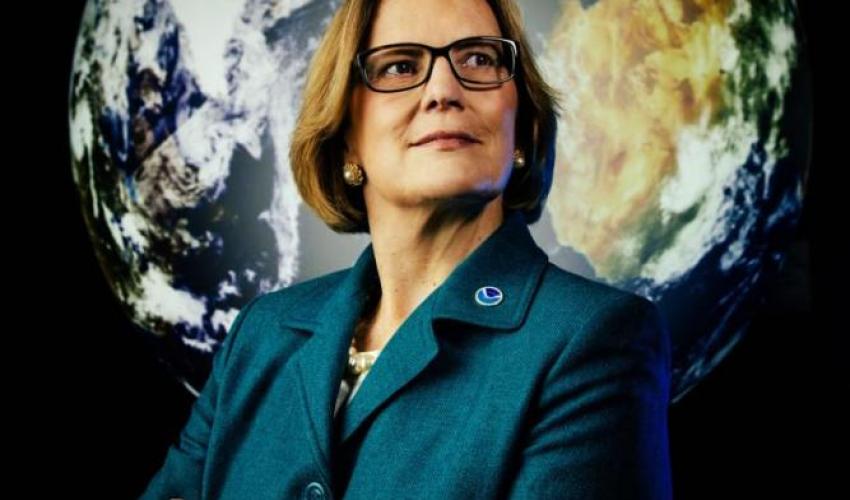Dr Kathryn Sullivan, head of the US National Oceanic and Atmospheric Administration (NOAA), discusses why partnerships and networks are key to ocean management and stewardship.
Thirty years ago I had the privilege of viewing our planet from space. From this vantage point, you see just how interconnected our planet is. Borders don’t exist, just the blue of the ocean, the snow-capped peaks of mountains, and the rolling hills of valleys and deserts. What becomes clear is that our planet really should be called “aqua.”
As we celebrate World Oceans Day on June 8, we recognize that changes to our planet are having dramatic impacts on our oceans, which in turn affect communities and economies around the world. Later this year, representatives from dozens of nations will take part in the 2016 IUCN World Conservation Congress in Honolulu, Hawaii. The theme for this year’s Congress, “Planet at the Crossroads,” reflects the importance of the task before us.
NOAA continues its work to provide the information and services businesses, governments, and decision-makers need to better understand today’s challenges and prepare for the future, but we know we can’t go it alone. Working with a network of partners nationally and internationally, we have made tremendous progress. We created one of largest marine protected areas in the world and increased the area protected by our network of national marine sanctuaries by more than 12 percent.
Alongside the U.S. Department of State, we have taken action to systematically eliminate seafood fraud and catch from illegal, unreported, and unregulated (IUU) fishing in U.S. markets. And, later this year we will release a risk-based seafood traceability program. Through the Port State Measures Agreement, IUU fishing vessels will no longer have access to ports in 30 countries, which will also reduce illegal fish products entering into global commerce. And with the Sea Scout program, the U.S. and its international partners are coordinating efforts to identify and interdict those involved in IUU fishing.
The United States and a growing network of international partners are creating expanded, cost-efficient networks to monitor ocean changes. For instance, we have worked with more than 90 partners to implement over 63% percent of an initial sustained Global Ocean Observing System. These investments provide the data and information that under-pin our ocean management and stewardship efforts.
NOAA’s National Ocean Service was the first U.S. government agency to sign agreements with Cuba in many decades. Our countries will collaborate on efforts concerning science, stewardship, and management related to marine protected areas, as well as hydrography, oceanography, and geodesy to improve maritime navigation safety.
While there are many challenges facing the world’s oceans, there are many opportunities to make a difference to protect and preserve our oceans for future generations.











